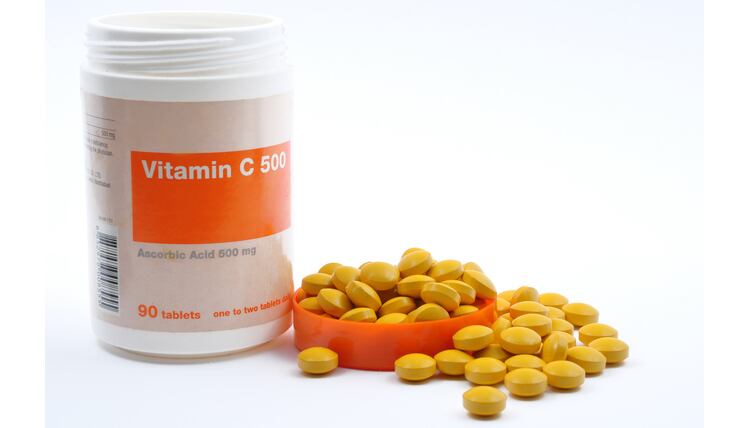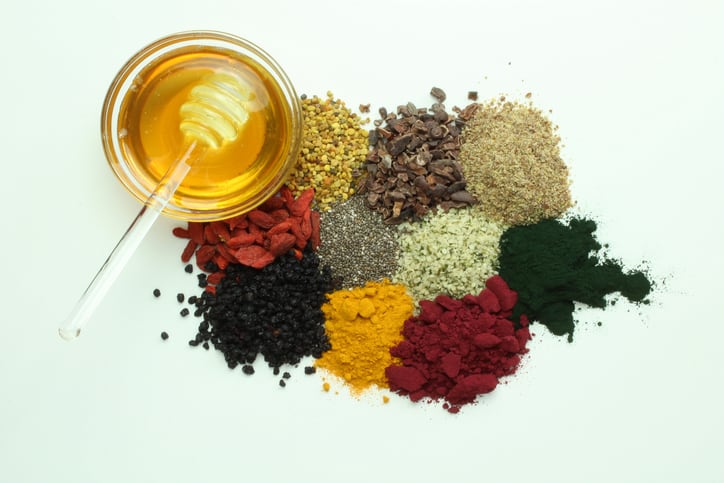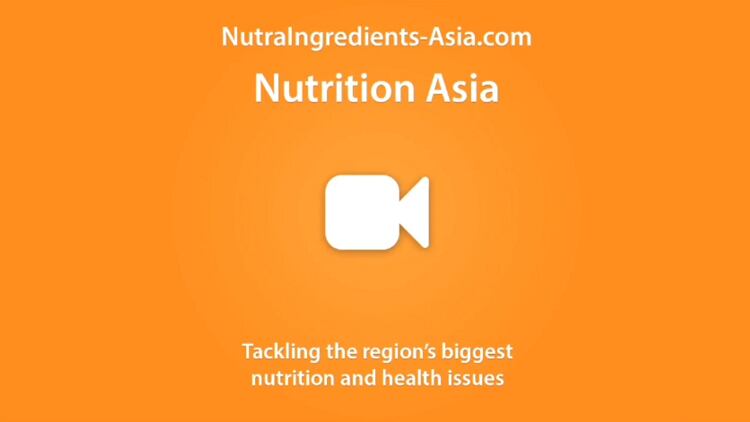The study conducted by researchers at the Singapore General Hospital and Duke-NUS Medical School reported that patients who received DMB had a significant reduction of clinical deterioration compared to patients without DMB. Clinical deterioration was recognised as requiring oxygen support and intensive care support.
Researchers pointed out that many of the current therapeutic efforts were targeted at viral elimination instead of pre-emptively modulating hyper-inflammation.
They explained: “Covid-19 is a multi-organ phenomenon and it is becoming evident that appropriate systemic inflammatory control is necessary for overall survival benefit.”
They added that immunomodulatory agents like vitamin D had a protective effect against respiratory tract infection, magnesium enhanced vitamin D function, while vitamin B12 was an important modulator of gut microbiota. Researchers remarked that DMB was thus an attractive alternate strategy before an effective vaccine comes along.
The finding of this pre-print was published on medRxiv.
Study design
The study included 43 Covid-19 positive patients aged 50 years and above who were admitted to the Singapore General Hospital between 15 January to 15 April 2020.
Diagnosis was determined via a positive SARS-CoV-2 PCR from nasopharyngeal or throat swab.
As the situation evolved, only patients admitted from 6 April onwards were given DMB (n=17) consisting of a single daily oral dose of vitamin D3 1000 IU, magnesium 150mg and vitamin B12 500mcg for up to 14 days. Patients who did not receive DMB (n=26) were the control group.
DMB was stopped if a patient was deemed to have recovered through two consecutive negative SARS CoV-2 RT-PCR respiratory samples, or if their condition subsequently deteriorated and required oxygen therapy or intensive care unit (ICU) support.
Most patients were on DMB for an average of five days.
Potential approach
Researchers observed that significantly fewer patients on DMB required oxygen therapy compared to the control group throughout the hospitalisation (p=0.006).
After adjusting for age, gender and comorbidities, DMB supplementation was found to be a significant protective factor against clinical deterioration (p=0.041).
Increasing age and presence of comorbidities such as hypertension, diabetes and coronary artery disease were associated with increased severity in the form of needing oxygen therapy as well as death.
At the time of writing, the World Health Organization reported 8.9 million cases of Covid-19 and 460,000 deaths worldwide.
Researchers said in this current study, the results were attributed to vitamin D’s ability to reduce proinflammatory cytokines, magnesium in synthesising and activating vitamin D, and vitamin B12 in maintaining a healthy gut microbiome and function of the immune system.
Known as the sunlight vitamin, vitamin D has been studied for its immune benefits and was most recently in the spotlight in Europe, where researchers called for its supplementation to reduce the severity of Covid-19, and even recommending the Irish government to amend its supplementation guidelines. Europe has lesser sunlight exposure and perhaps a higher deficiency of vitamin D. However, a global team of researchers have since argued against this findings and warns it could be a risk to public health.
In this present study, there were no adverse side effects associated to DMB supplementation, and as the vitamins and mineral were readily available and inexpensive, researchers said DMB can potentially benefit economically challenged countries with limited or late access to vaccines and other therapies.
“This study was conducted under difficult dynamic circumstances and is thus limited by the small sample size, and the lack of systematic biologic measures to support its findings. It is however a proof-of-principle effort with very promising results.”
Researchers concluded that this study supports further larger randomised control trials to ascertain the full benefit of DMB in ameliorating COVID-19 severity.
Source: medRxiv
https://doi.org/10.1101/2020.06.01.20112334
“A cohort study to evaluate the effect of combination Vitamin D, Magnesium and Vitamin B12 (DMB) on progression to severe outcome in older COVID-19 patients.”
Authors: Chuen Wen Tan, et al




